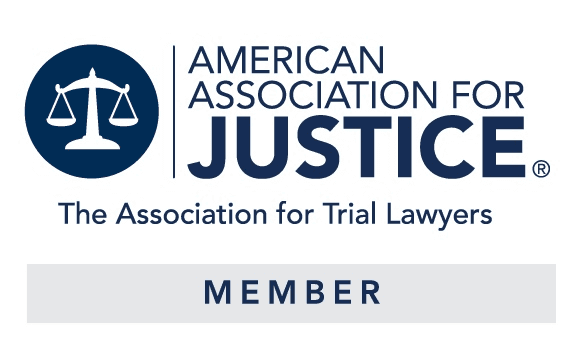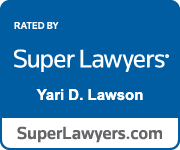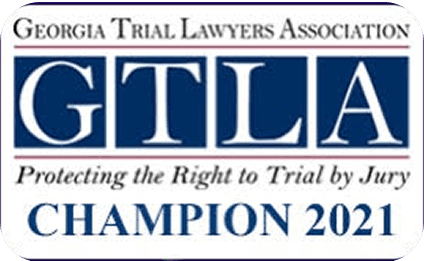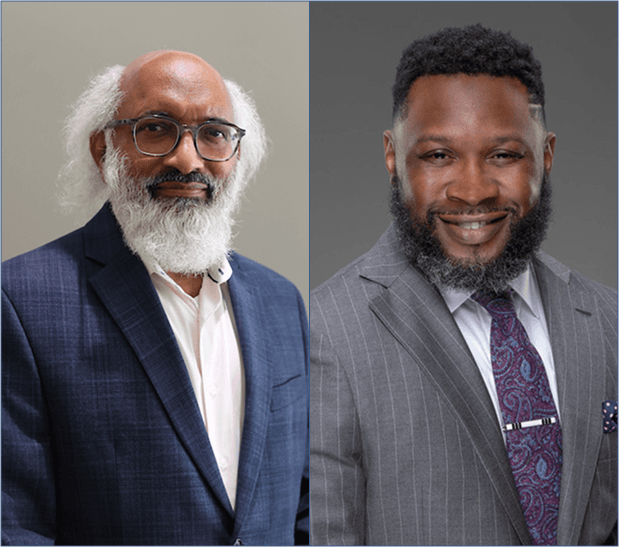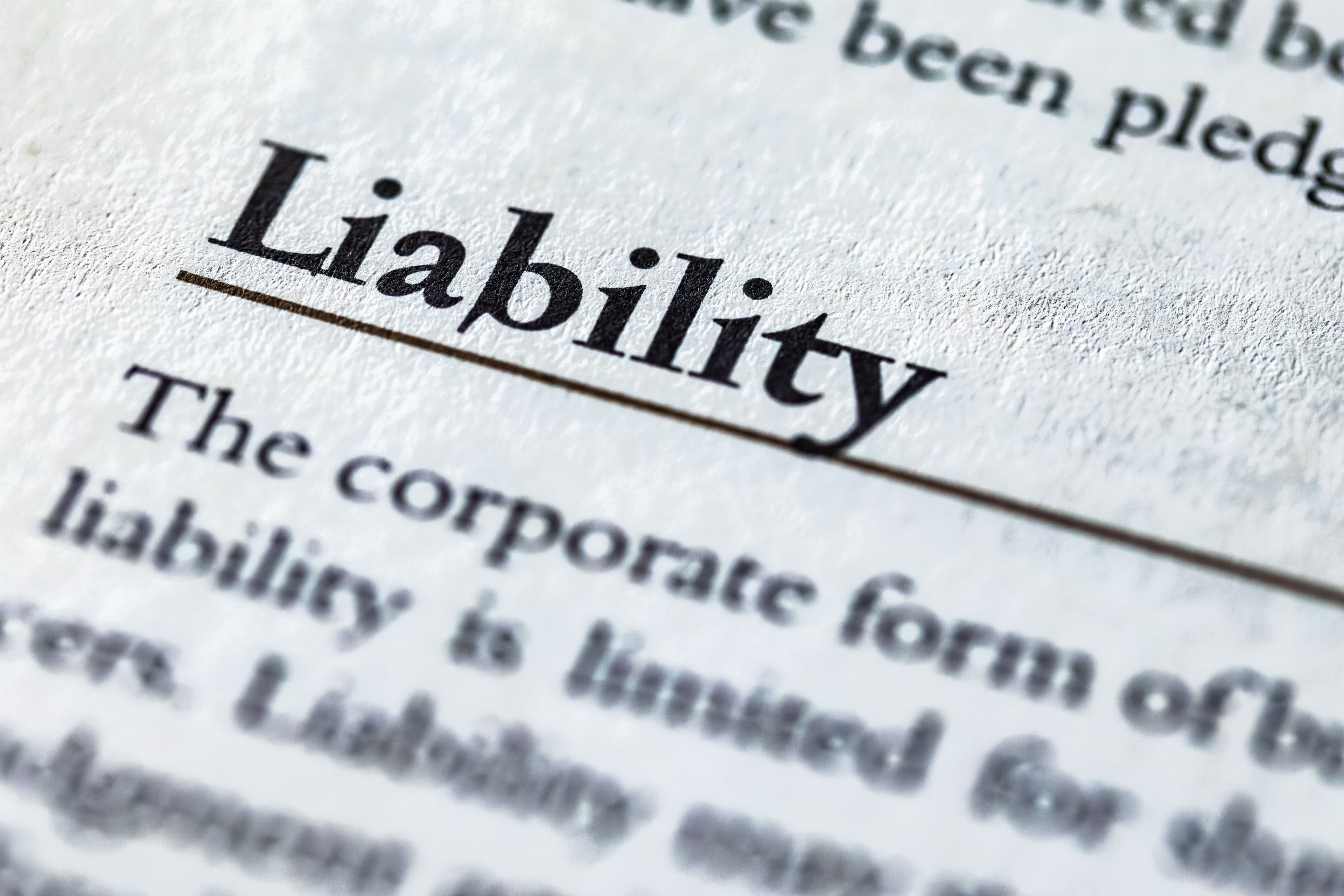
Liability
In personal injury law, liability refers to legal responsibility for the injuries and financial losses suffered by a victim. You cannot collect compensation unless the defendant accepts liability or a court rules in your favor. While liability might seem like a straightforward concept, it includes various legal doctrines, each with its own requirements and implications.
Here’s what you need to know about the different grounds for liability in Georgia personal injury cases and how they affect your ability to recover damages.
Grounds for Liability in Georgia
Georgia law recognizes four primary legal grounds under which a party may be held liable for another person’s injuries:
1. Negligence
Negligence is the most common basis for personal injury claims. It refers to a failure to exercise reasonable care, resulting in harm to someone else.
To prove negligence, you must establish the following four elements:
- Duty of Care: The defendant had a legal obligation to act with a certain level of care. For example, drivers must operate their vehicles safely, and doctors must meet professional standards when treating patients.
- Breach of Duty: The defendant failed to meet their duty of care by acting carelessly or failing to act.
- Causation: The defendant’s actions (or inaction) directly caused your injuries. This includes both:
- Actual cause (the injury wouldn’t have happened but for the defendant’s breach), and
- Proximate cause (the injury was a foreseeable result of the breach).
- Damages: You suffered actual losses—like medical bills or pain and suffering—that can be translated into a dollar value.
2. Strict Liability
Strict liability holds a defendant accountable regardless of intent or negligence. This type of liability commonly arises in:
- Defective product cases (product liability)
- Hazardous activities (e.g., keeping wild animals)
Example: If a hernia mesh sold at a pharmacy was defectively manufactured and caused injury, you may be able to hold the pharmacy liable, even though it didn’t make the product. The law allows injured consumers to sue anyone in the distribution chain, from the manufacturer to the retailer.
3. Intentional Torts
An intentional tort occurs when a person deliberately causes harm or acts with reckless disregard for the safety of others. Common examples include:
- Assault and battery
- False imprisonment
- Intentional infliction of emotional distress
Even if criminal charges are also involved, the victim can pursue civil damages through a personal injury lawsuit.
4. Vicarious Liability
Vicarious liability means holding one party responsible for the actions of another. This is especially relevant in employer-employee relationships.
For example:
- An employer can be held liable for an employee’s negligent driving during work-related tasks.
- Parents may be liable for damages caused by their minor children.
This doctrine ensures that victims can seek compensation from parties who are more likely to have the financial means to pay.
The Burden of Proof in Personal Injury Claims
As the plaintiff, you bear the burden of proof, meaning it’s your responsibility to convince the court that the defendant should be held liable. You typically must prove your case by a preponderance of the evidence—a legal term meaning that it’s more likely than not (51% or greater) that your version of events is true.
Higher Standard for Punitive Damages
If you are seeking punitive damages, which are awarded to punish especially harmful behavior, the court requires a higher standard: clear and convincing evidence. This standard is stricter than the preponderance of the evidence but less stringent than the “beyond a reasonable doubt” standard used in criminal trials.
How a Lawrenceville Personal Injury Lawyer Can Help
Personal injury cases can be challenging to navigate, especially when multiple legal theories and parties are involved. An experienced Lawrenceville personal injury lawyer can:
- Investigate the accident and gather evidence
- Identify all potential defendants
- Calculate your total damages
- Handle negotiations with insurers
- Represent you in court if necessary
Best of all, most personal injury attorneys work on a contingency fee basis, meaning you pay nothing unless you win your case.
Schedule a Free Consultation With Lawson Personal Injury Attorneys
If you were injured due to someone else’s actions—whether from negligence, a defective product, or an intentional assault—you have the right to pursue compensation. At Lawson Personal Injury Attorneys, we understand the complexities of liability and will fight to prove your case.
Georgia Personal Injury Lawyers
We focus exclusively on serious personal injury cases, including:
Assault Injuries
Bad Faith Insurance
Bicycle Accident
Brain Injury
Bus Accidents
Car Accidents
Catastrophic Injuries
Child Injuries
Construction Accidents
Dog Bites
If your life was disrupted by someone else's negligence, we're here to restore your power through the law.
